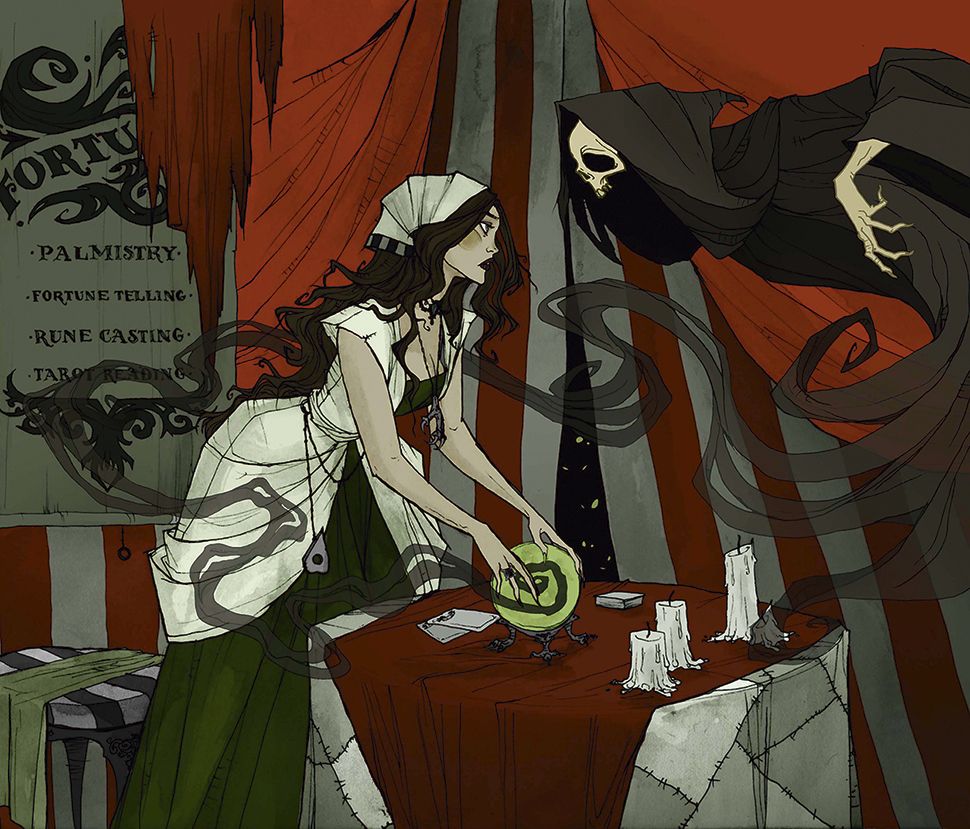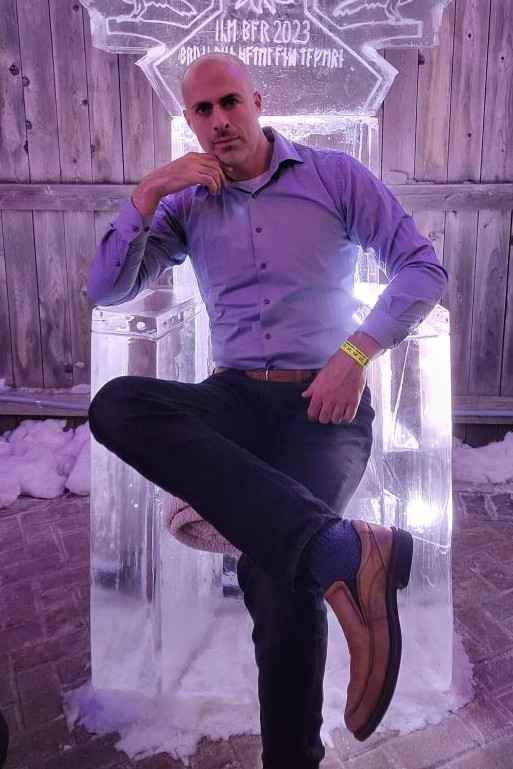My Process
Even for the original pair of vignettes that grew into this novel, I put my historian training to use.
I set it as early as I could reasonably get away with, deciding that by 1470 there would be no reason a caravan of Roma could not have the poster and cards depicted on the cover. And then I studied. I dove into european history in the late 15th century, constructing my own timelione of events. I looked at customs, food, you name it. My notes are insane scrawlings of random tidbits, that somehow linked to toher tidbits. No red yarn, though.
I'll talk more about the Roma in another article, but their culture is not well documented. Marginalized and unassimilated for many years, it is difficult to get reliable information about spiritual beliefs or taboos. I followed their migrations, and decided that in the year 1470 the best place to put them was Hungaria. One source I came across referenced some Hungarian Roma, and the existence of wise women who gained great power through contact with the spirits of the world. And that answered some of my "Why" questions.
So I focused on eastern Europe in particular, which cannot be done without Asia Minor - namely, the Ottoman Empire. Politics, major events, important figures, cultural shifts...I looked at my character, and the caravan she must certainly travel with, in the context of all of it. A compelling story depends upon compelling characters, and their reaction where all those elements meet helps make them more compelling. The customs of the Roma are woven throughout, and where those customs are at odds with kingdoms and the Church gives me something to weave more tension from.
Tarot will also come in another article, but worth mentioning here is my chapter structure, because it was a big part of the process. I decided early on that the chapter breakdown would follow the 22 major arcana. Each correlates to the themes of one card. I knew where she started. I knew there was a scene where she is at wit's end having the exchange on the cover of the book, and it would propel her into the main plot. And the closing scenes came to me early. I aligned these with some Tarot cards, and then did a ludicrous deep dive into different interpretations of Tarot.
One of the best pieces of advice I heard was that your readers shouldn't see twists coming, but once they happen it seems like the only way events could have played out. I kept that in the front of my mind all the way through. I didn't want to just paint by number. No, this had to be a proper evolving story, I just needed to know the beats ahead of time. So I wrote beats, and wrote scenes for those moments, and wrote around them in a way that the beats organically grew into each other. I wrote out of order, skipping around depending on where my mind was operating on a given day. Does that sound crazy? It felt like the only way to do it.
I ignored other people's stories while I was deep into writing. No heavy TV shows or movies, or video games, let alone books. Light fare, or history books. I needed my own creativity to shine without interference.
When I started,I was looking for work. As most people know, job hunting can be soul sucking, even more so than an unsatisfying job. I actually paused my search for about 6 weeks, the most intense in terms of writing. Afterward, I took on a part time job, and a couple months after that landed a consulting gig. I was clear about limiting my commitment in both cases, because I did not want either (or both together) to weigh me down to the point whrere I lost access to this glorious inspiration.
I quoted Bukowski before. He was very plain about beer and wine fueling a lot of his work. Steven King references cocaine. Hemigway loved absinthe. I am not much of a beer drinker, and do not want to test cocaine on myself, but I have been known to sip bourbon while typing away. I don't like being drunk, that's isn't the goal. I find that my facility with the humanities grows three sizes bigger when there is whisky in front of me. Math, not so much. But words flow, and I forget to hesitate. The bottle stays away when I edit, and I find that the quality of work is at least as good with the alcohol as without.
Following the first draft, I handed my book to four beta readers for feedback. It took a little longer than projected. These people were doing the equivalent of both copy and developmental editing, looking for any weaknesses. Not professionals, but a good pass to catch anything egregious or understand how other people were going to perceive my work. I corrected any little typos immediately as fistfuls of annotated pages came back, but waited for everyone to provide their notes before judging any substantive changes.
Through the Reedsy marketplace, I found some professional editors who dealt with my genre. I created a proposal and queried, and selected one. She had a report and notes in a few weeks, and was available for an exchange about some of her suggestions. This was a much more critical look than the beta readers had done. One example of a great suggestion that came from her was a 2 page prologue, to establish stakes and mood early and get the reader pulled in.
Much like my skipping around through the 22 chapters of Book 1, I am writing the rest of the series simultaneously. Oddly organic. To me the story is one great arc, and since I know the path it follows I don't have an issue with what people might call skipping around. Once again, I know all the beats, I know where Taliba ends up, and I know generally how she's moving through the key points. My head is holding all of it. It's like gazing at a triptych, instead of a single painting. It's one work in several parts.


